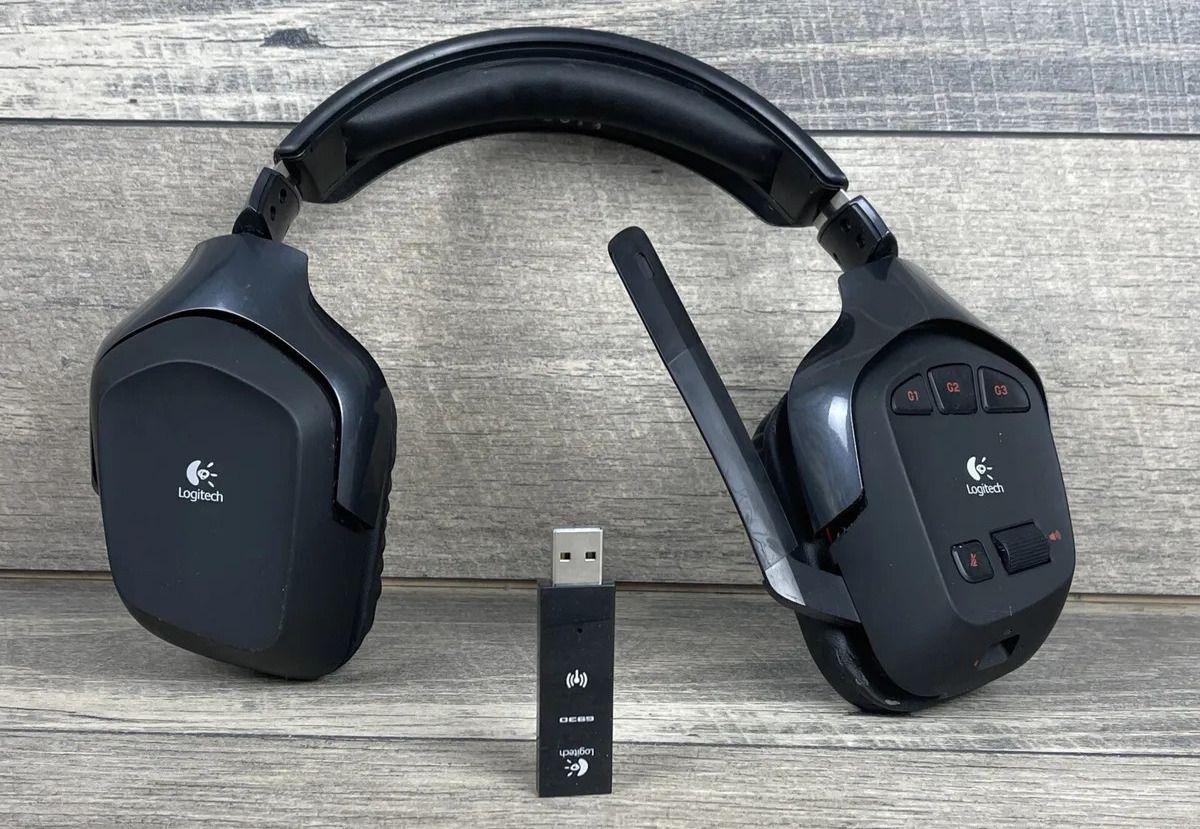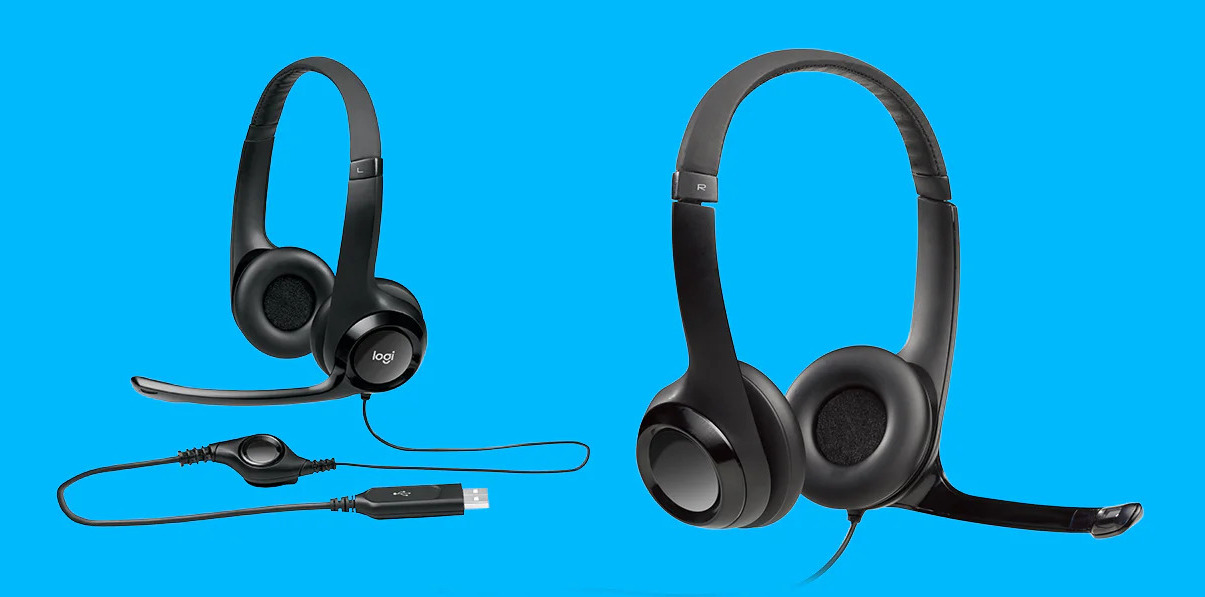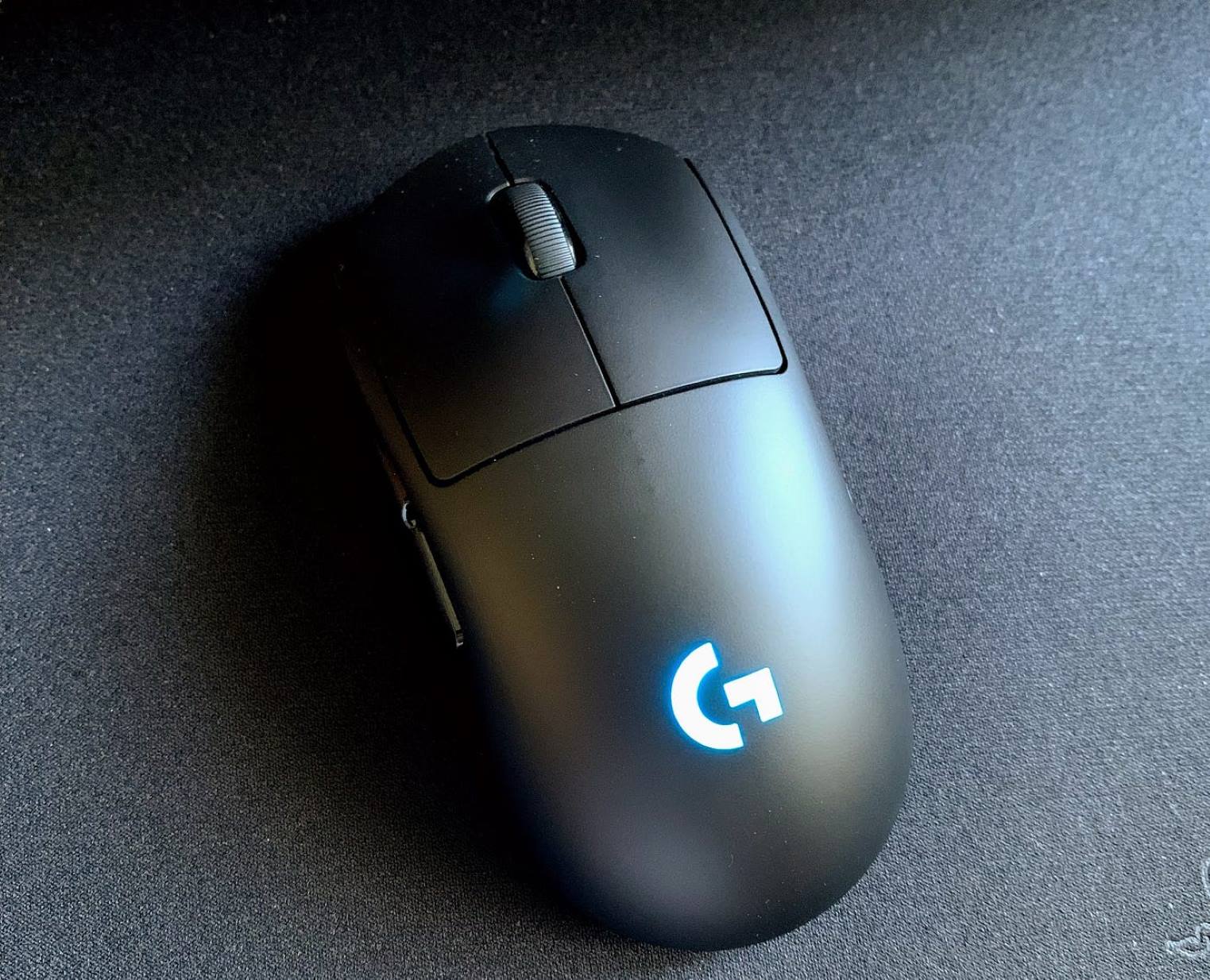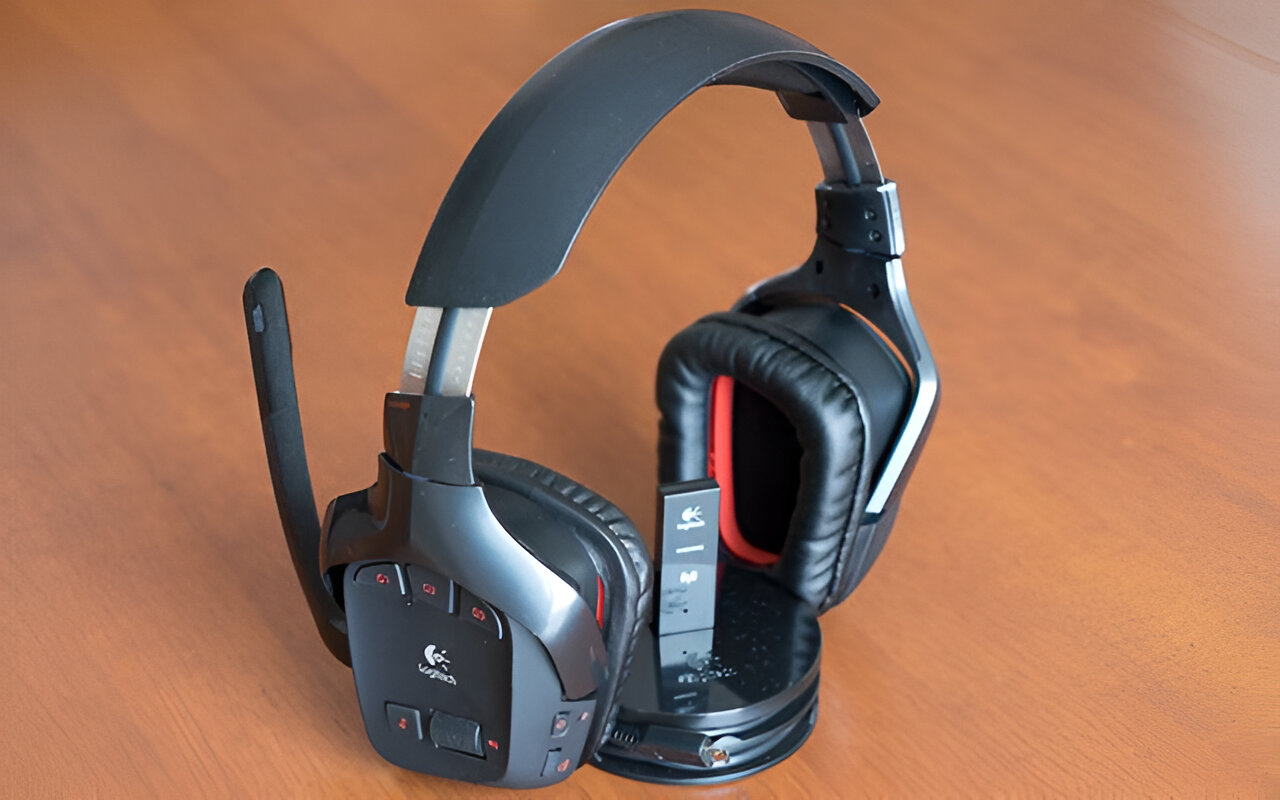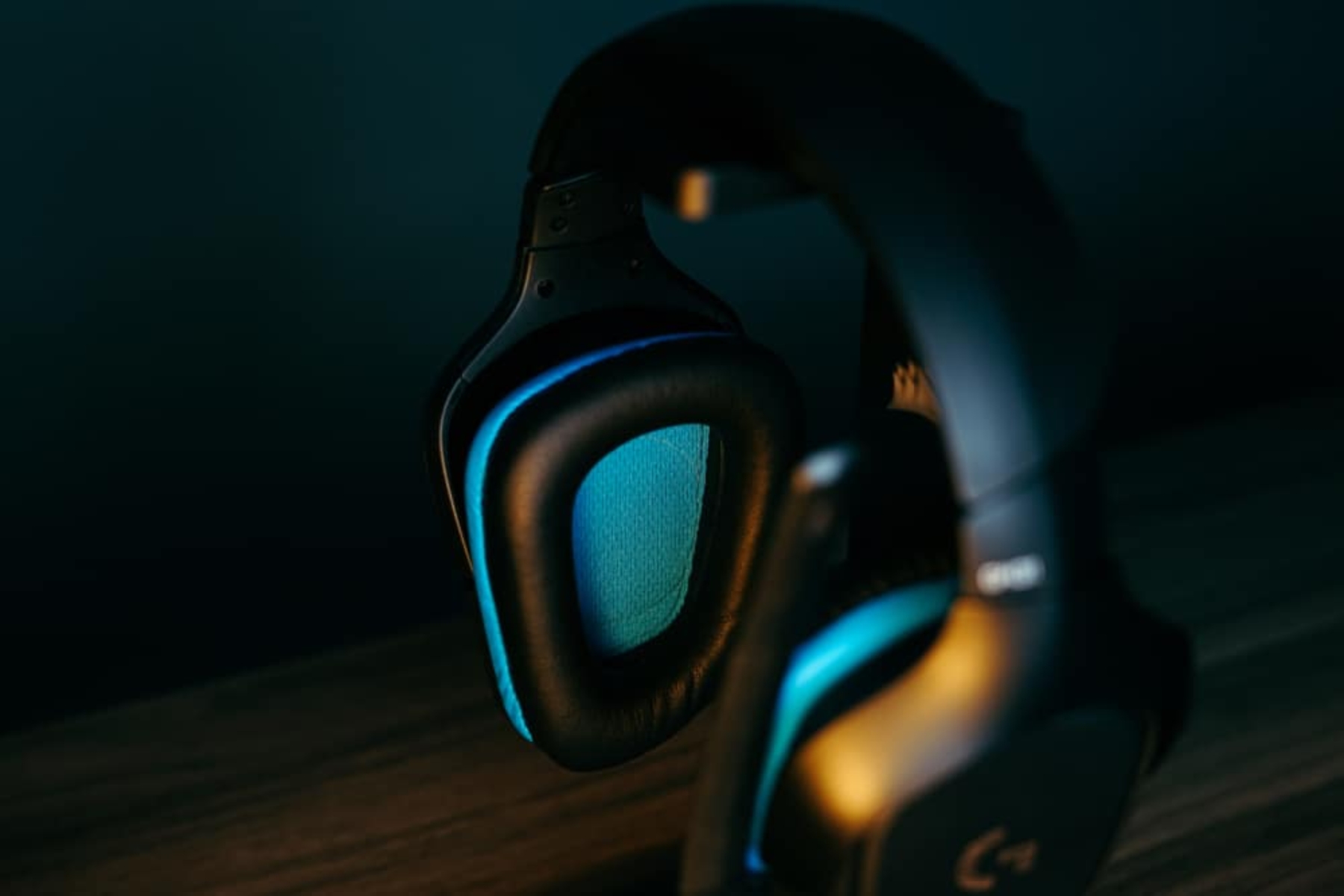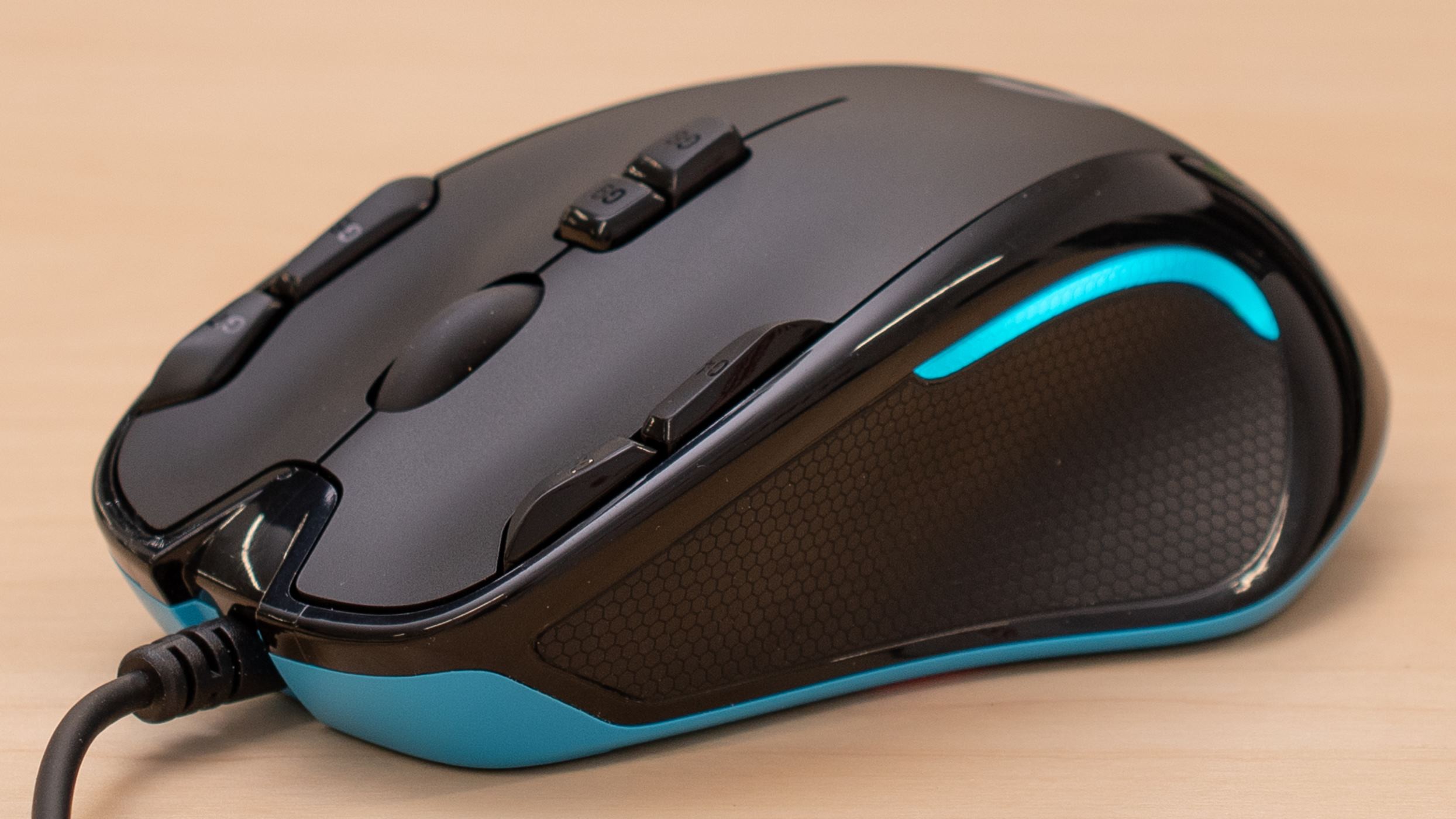Introduction
If you've ever experienced your Logitech gaming headset turning off unexpectedly, you're not alone. This issue can be frustrating, especially during intense gaming sessions or important virtual meetings. Understanding the potential reasons behind this problem can help you troubleshoot and resolve it effectively. Several factors could contribute to your Logitech gaming headset powering off, ranging from low battery levels to software glitches. By delving into these possible causes, you can gain insights into how to prevent or address this inconvenience.
In the following sections, we will explore various factors that may lead to your Logitech gaming headset turning off unexpectedly. From low battery levels to software or firmware issues, we will delve into each potential cause and provide practical solutions. By understanding the underlying reasons for this issue, you will be better equipped to maintain the optimal functionality of your Logitech gaming headset and enjoy uninterrupted gaming or communication experiences.
Let's delve into the possible reasons why your Logitech gaming headset may turn off after a while, and explore effective strategies to address each potential cause.
Low Battery
One of the most common reasons for your Logitech gaming headset turning off unexpectedly is a low battery. Over time, the battery of your headset may deplete, especially if it has not been charged for an extended period. When the battery level reaches a critical point, the headset may automatically power off to conserve the remaining charge.
If you notice that your headset consistently turns off after a short period of use, it is essential to consider the battery level as a potential culprit. To address this issue, begin by charging your Logitech gaming headset fully. Ensure that the charging cable is securely connected and that the charging indicator on the headset illuminates, indicating that the battery is replenishing.
Once the headset is fully charged, monitor its performance to determine if the low battery was indeed the cause of the unexpected power-offs. Additionally, consider implementing regular charging routines to maintain the battery level and prevent similar occurrences in the future. By proactively managing the battery life of your Logitech gaming headset, you can minimize the likelihood of it powering off unexpectedly due to low battery levels.
Auto Power Off Feature
Many Logitech gaming headsets are equipped with an auto power off feature designed to conserve energy and prolong battery life. This feature automatically shuts off the headset after a period of inactivity, typically to prevent unnecessary power consumption when not in use. While this functionality is beneficial for preserving battery power, it can also lead to unexpected power-offs if misunderstood.
If your Logitech gaming headset turns off after a period of inactivity, it may be due to the auto power off feature engaging as intended. To address this, familiarize yourself with the specific auto power off settings of your headset. Check the user manual or Logitech’s official support resources to understand how to adjust or disable this feature, if necessary.
By customizing the auto power off settings to align with your usage patterns, you can prevent the headset from turning off unexpectedly during critical moments, such as prolonged periods of listening or communication. Additionally, staying informed about the auto power off feature empowers you to make informed decisions regarding the management of your headset’s power-saving functionalities.
Software or Firmware Issue
Another potential reason for your Logitech gaming headset turning off unexpectedly could be related to software or firmware issues. The headset’s internal software or firmware, responsible for managing various functionalities, may encounter glitches or errors that result in sudden power-offs. These issues can arise from outdated software, corrupted firmware, or conflicts with other system components.
To address software or firmware-related problems, consider updating the headset’s software and firmware to the latest versions provided by Logitech. Manufacturers often release updates to address known issues and improve overall performance. By ensuring that your headset’s software and firmware are up to date, you can mitigate the risk of unexpected power-offs attributed to software-related issues.
If updating the software and firmware does not resolve the problem, consider troubleshooting the headset with Logitech’s official support resources or seeking assistance from their customer support team. They can provide specific guidance and potential solutions tailored to your headset model and the nature of the software or firmware issue. Additionally, performing a reset or reinstalling the headset’s software may help rectify persistent problems related to software or firmware.
By addressing potential software or firmware issues, you can enhance the stability and reliability of your Logitech gaming headset, minimizing the occurrence of unexpected power-offs and ensuring a seamless user experience.
Overheating
Overheating can be a contributing factor to the unexpected power-offs experienced with your Logitech gaming headset. Extended periods of use, especially in demanding gaming environments or under high ambient temperatures, can lead to the headset’s internal components reaching elevated temperatures. In response to this heat buildup, the headset may activate a safety feature that automatically powers it off to prevent damage or discomfort to the user.
To address potential overheating issues, consider optimizing the ventilation around your gaming setup and ensuring that the headset’s air vents are unobstructed. Adequate airflow can help dissipate heat more effectively, reducing the likelihood of the headset reaching critical temperatures that trigger automatic shutdowns.
Additionally, taking periodic breaks during intense gaming sessions can allow the headset to cool down and prevent excessive heat buildup. If feasible, consider adjusting the in-game graphics settings or ambient temperature in your gaming environment to reduce the strain on the headset’s components and minimize the risk of overheating.
Regular maintenance, such as cleaning the headset’s exterior and air vents, can also contribute to improved heat dissipation and overall performance. By addressing potential overheating concerns, you can enhance the reliability and longevity of your Logitech gaming headset, reducing the occurrence of unexpected power-offs associated with elevated temperatures.
Loose Connection
A loose connection between your Logitech gaming headset and its associated devices or power source can result in intermittent power interruptions, leading to unexpected shutdowns. This issue may arise from loosely connected cables, damaged ports, or faulty power sources. Identifying and addressing potential loose connections is crucial to maintaining the uninterrupted functionality of your headset.
Begin by inspecting the connections between your Logitech gaming headset and the device it is connected to, such as a gaming console, computer, or mobile device. Ensure that the audio and power cables are securely plugged into their respective ports, with no signs of physical damage or wear. If using a wireless headset, verify that the wireless receiver or Bluetooth connection is stable and free from interference.
For wired headsets, consider testing alternative cables or ports to determine if the issue persists, as a faulty cable or port could be the root cause of the loose connection. Additionally, if your headset operates using replaceable batteries, ensure that the batteries are securely seated and making proper contact within the headset’s battery compartment.
If you suspect that the power source for your Logitech gaming headset is contributing to the loose connection issue, consider using a different power outlet or USB port to power the headset. This can help rule out potential issues with the original power source and identify a stable connection point.
By diligently addressing potential loose connections and ensuring secure and stable connections between your Logitech gaming headset and its associated devices, you can minimize the occurrence of unexpected power-offs attributed to intermittent power interruptions.
Conclusion
Understanding the potential reasons behind your Logitech gaming headset turning off unexpectedly is essential for maintaining a seamless and uninterrupted user experience. By exploring factors such as low battery levels, the auto power off feature, software or firmware issues, overheating, and loose connections, you can proactively address and mitigate the likelihood of unexpected power-offs.
Regularly monitoring the battery level of your headset and implementing consistent charging routines can help prevent power interruptions due to low battery levels. Familiarizing yourself with the auto power off feature and customizing its settings to align with your usage patterns can minimize unexpected shutdowns during critical moments.
Keeping the headset’s software and firmware up to date, troubleshooting potential issues, and seeking assistance from Logitech’s support resources can address software-related problems that may lead to unexpected power-offs. Additionally, optimizing ventilation, taking periodic breaks, and performing regular maintenance can mitigate the risk of overheating and its associated power interruptions.
Addressing potential loose connections between the headset and its associated devices or power sources is crucial for maintaining uninterrupted functionality. By ensuring secure and stable connections, you can minimize the occurrence of unexpected power-offs attributed to intermittent power interruptions.
By implementing these strategies and remaining attentive to the performance of your Logitech gaming headset, you can enhance its reliability and longevity while enjoying uninterrupted gaming experiences and clear communication. Proactive maintenance and troubleshooting can contribute to a seamless user experience, allowing you to fully leverage the capabilities of your Logitech gaming headset without the inconvenience of unexpected power-offs.









